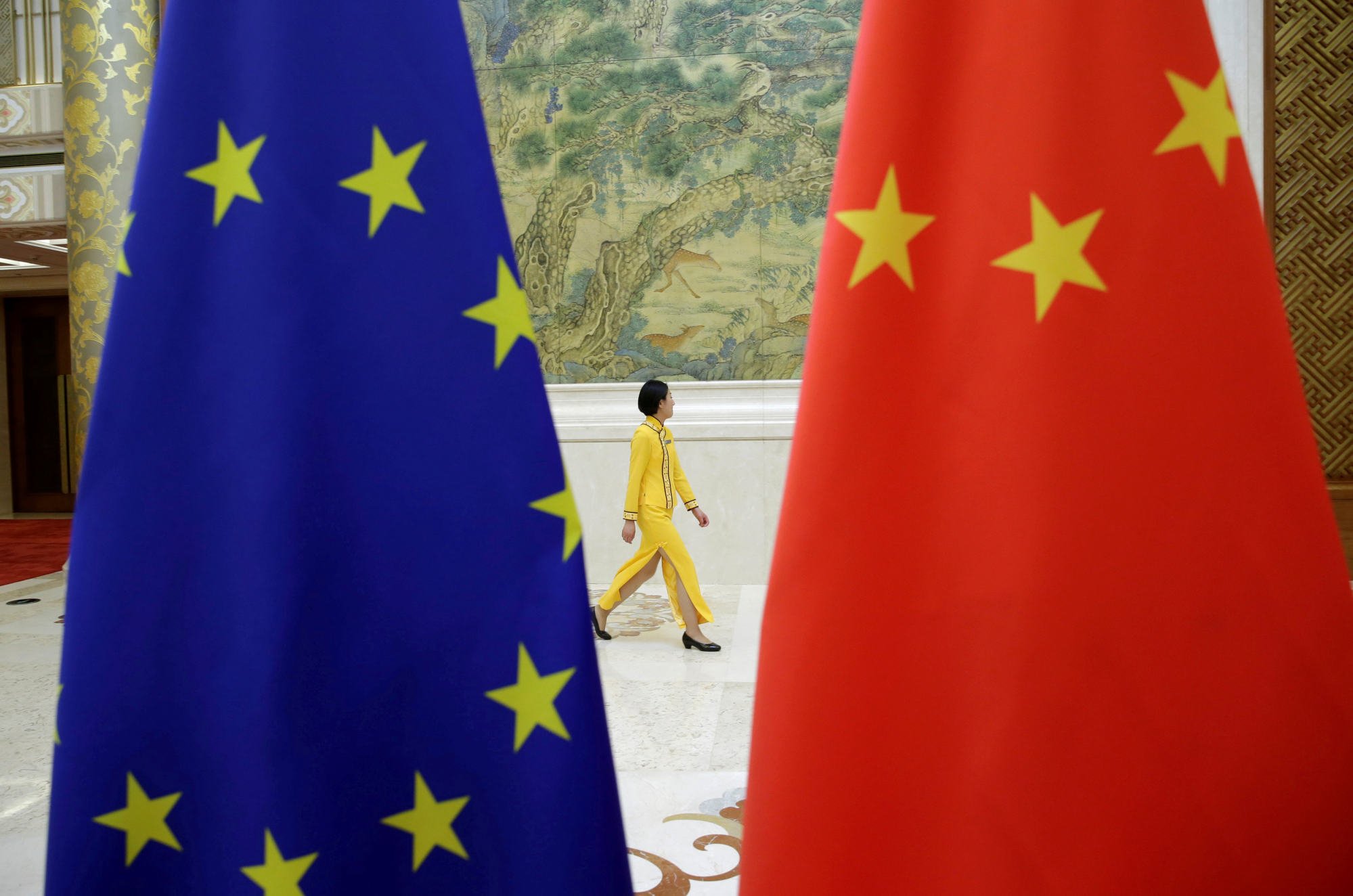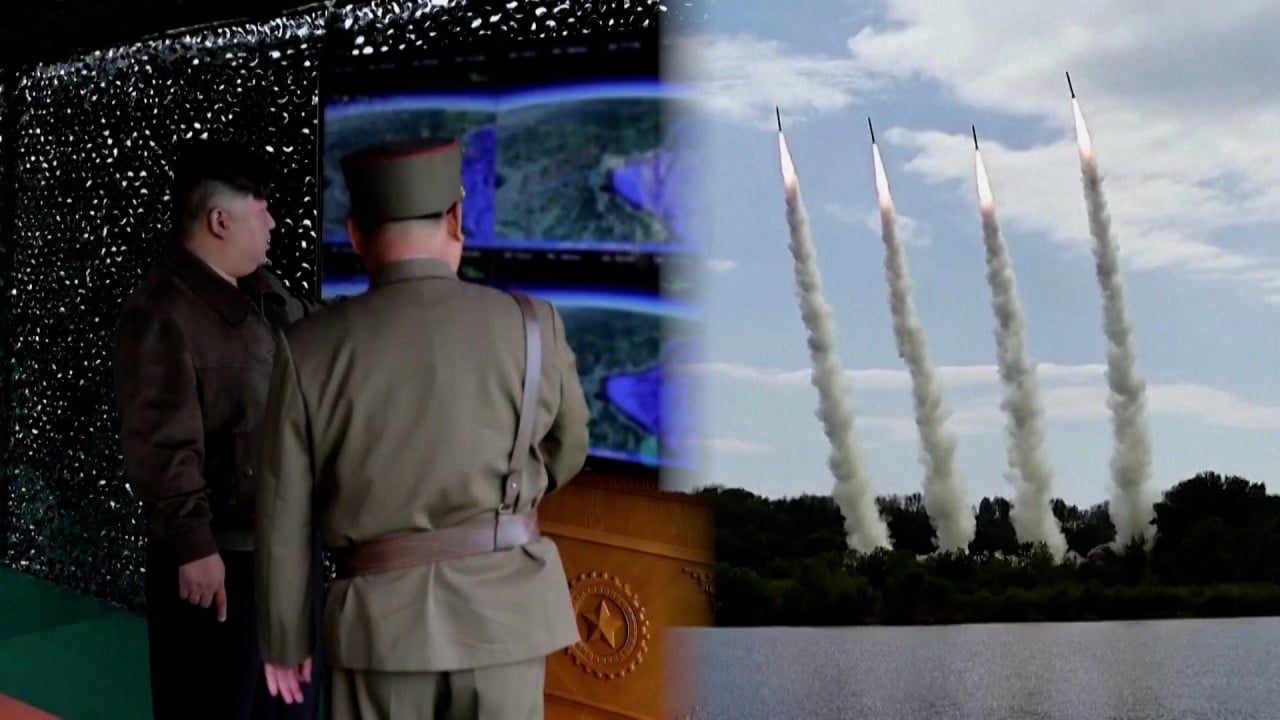What does China really means when it calls on other countries to be ‘rational’?

For years, China has called on the United States to adopt “rational and practical” China policies, including in March when Chinese Foreign Minister Wang Yi said Washington should view China’s development “objectively and rationally”.
Of course, the US sees China as a strategic competitor, with challenges between the two nations spanning the entire spectrum of their interests, ranging from political, economic and technological, to ideological, military, and security. From Washington’s standpoint, rational policies would involve putting its interests first.
In 2021, Beijing also urged Canada to “keep its eyes wide open” and adopt a “rational and pragmatic” policy toward China.
In international relations, countries pursue their preferences and national interests in a self-interested and rational way in order to maximise their advantage and minimise losses.
Nations are ultimately driven by practical factors, ranging from coercion and cost-benefit calculations to material incentives and strategic alliances, even countries thought to be irrational actors such as North Korea.
In urging other countries to adopt a “rational” approach, China seems to selectively overlook its own actions that instigated these nations to take measures they deem necessary to protect their own interests.
These include the EU’s actions against what it sees as Beijing’s unfair support for companies that undermine its European rivals and Manila’s increasingly confrontational stance in response to what it perceives to be aggressive behaviour by Chinese vessels in the South China Sea.
Beijing should reconsider, or perhaps even avoid, pressing for “rational” responses from countries with which it has ongoing disputes. Such calls often carry an admonishing tone and can come across as accusatory, which may only serve to exacerbate tensions rather than resolve them.
Countries already know what is in their best interests and do not need to be explicitly reminded. Exhorting them to be “rational” or keep their “eyes wide open” also carries the suggestion that they are either non-rational, or irrational, which is patronising and even condescending.
In geopolitics, where every action can have far-reaching consequences, true rationality involves acknowledging one’s own part in creating tensions and working constructively towards de-escalation.

